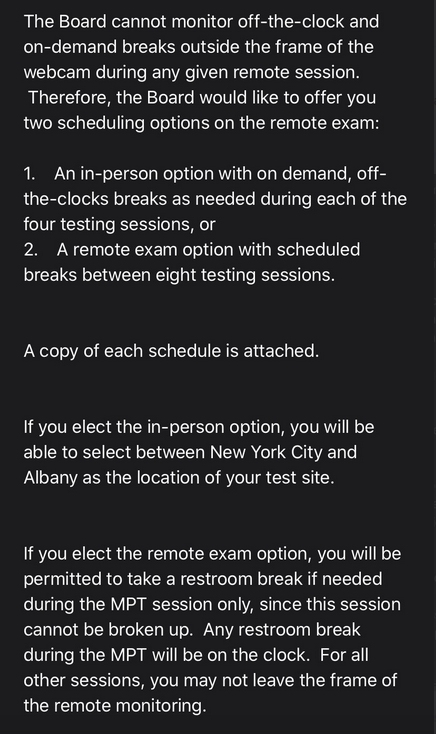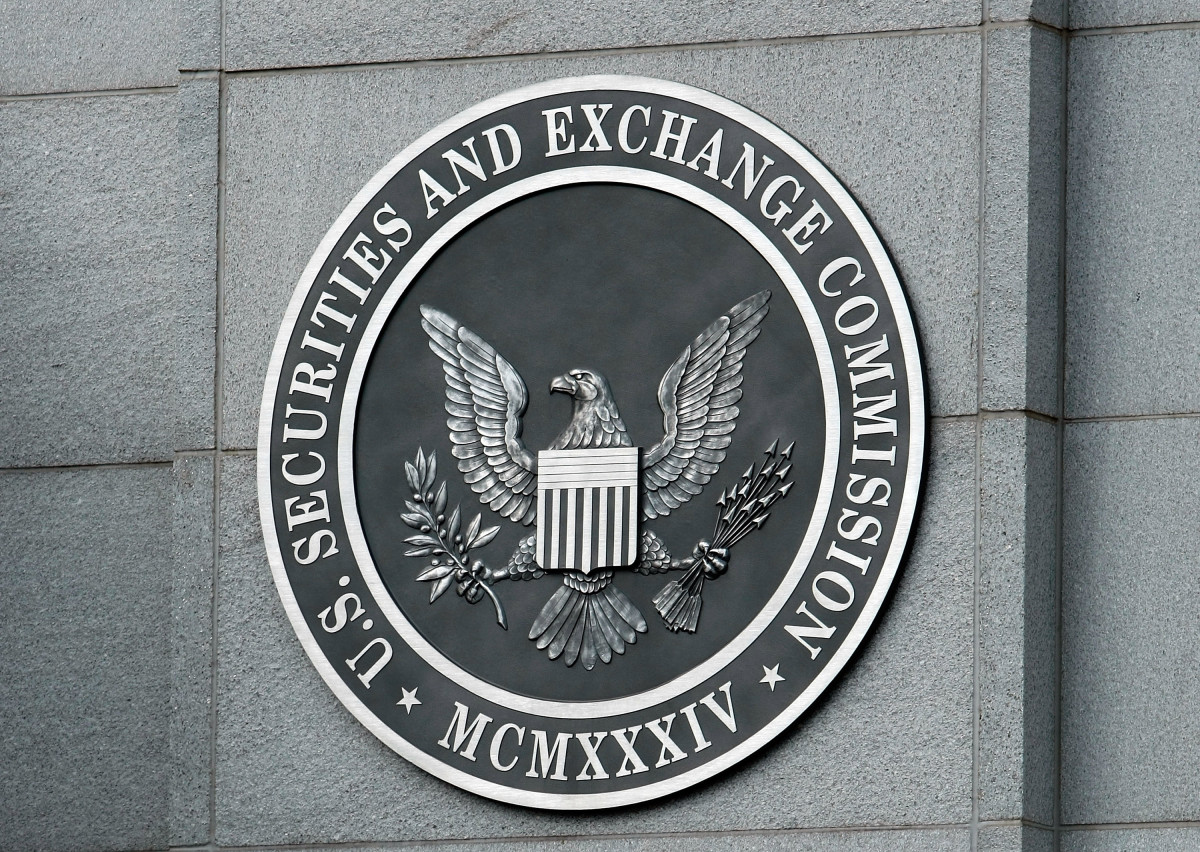(Image via Getty)
Another day, another firm that’s hopped on board the salary restoration train. We’ve been documenting all of the Biglaw firms that were perhaps a bit too cautious when it came to the economic impact of the coronavirus crisis here. Today, we have news on yet another Am Law firm that’s partially rolled back its salary cuts.
This morning, Kelley, Drye & Warren — a firm that placed 135th in the latest Am Law 200 rankings, with $232,400,000 in gross revenue in 2019 — announced that the salary reductions it made earlier this year will now be halved. Here’s a statement we received from James Carr, the firm’s chairman:
As you know, the Firm implemented a number of cost cutting measures this Spring to minimize the economic impact of the coronavirus crisis and to protect the financial health of the Firm. Thanks to these actions and your dedication to our clients, we are now in a position to restore some of the salary reductions implemented in May. The 10% pay cut for associates, special counsel and staff earning more than $100,000 will be reduced to 5%. The partner reductions will remain in place for now.
If you recall, those cuts for partners were up to a 20 percent reduction on their draws. So while partners at Kelley Drye continue to feel the pain, it’s nice that associates, counsel, and staff will have some of theirs lessened.
Let’s hope more firms are able to roll back COVID-19 austerity measures — and soon.
If your firm or organization is slashing salaries, closing its doors, or reducing the ranks of its lawyers or staff, whether through open layoffs, stealth layoffs, or voluntary buyouts, please don’t hesitate to let us know. Our vast network of tipsters is part of what makes Above the Law thrive. You can email us or text us (646-820-8477).
If you’d like to sign up for ATL’s Layoff Alerts, please scroll down and enter your email address in the box below this post. If you previously signed up for the layoff alerts, you don’t need to do anything. You’ll receive an email notification within minutes of each layoff, salary cut, or furlough announcement that we publish.
 Staci Zaretsky is a senior editor at Above the Law, where she’s worked since 2011. She’d love to hear from you, so please feel free to email her with any tips, questions, comments, or critiques. You can follow her on Twitter or connect with her on LinkedIn.
Staci Zaretsky is a senior editor at Above the Law, where she’s worked since 2011. She’d love to hear from you, so please feel free to email her with any tips, questions, comments, or critiques. You can follow her on Twitter or connect with her on LinkedIn.



 Kathryn Rubino is a Senior Editor at Above the Law, and host of
Kathryn Rubino is a Senior Editor at Above the Law, and host of 








 Jordan Rothman is a partner of
Jordan Rothman is a partner of 




